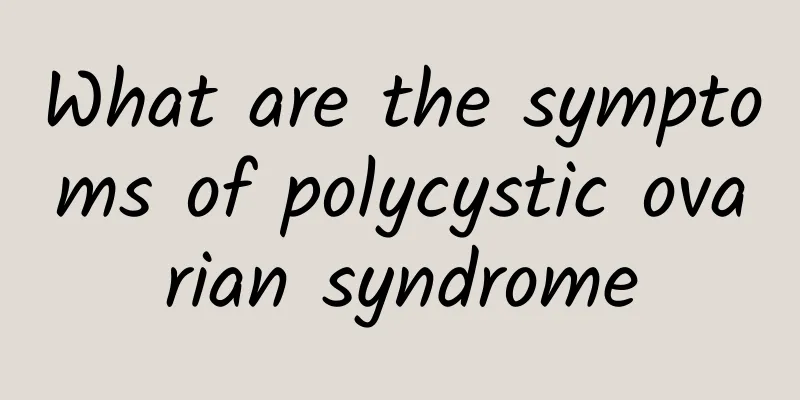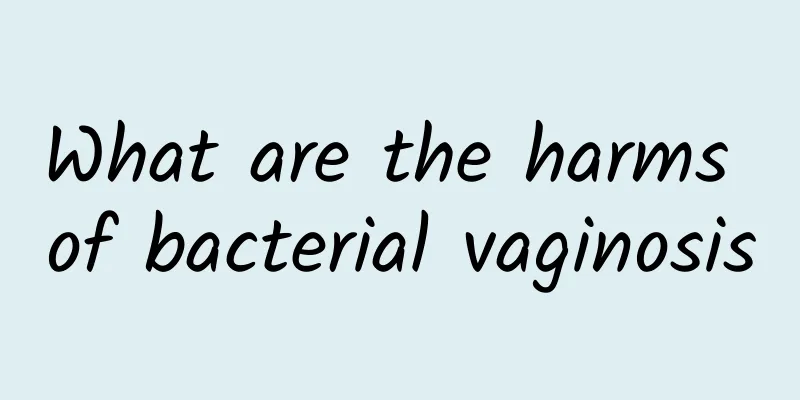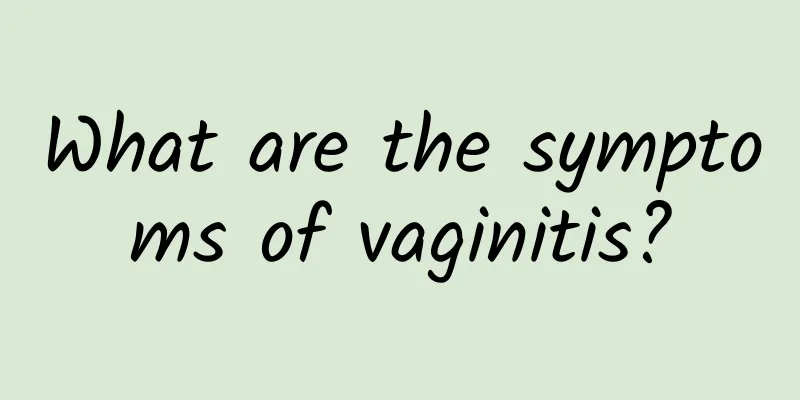What are the symptoms of polycystic ovarian syndrome

|
Symptoms of polycystic ovarian syndrome: The most typical symptoms of polycystic ovary syndrome are: 1. Hyperandrogenism: It is common clinically, and the most typical one is hirsutism, especially around the breasts, around the navel, on the lips, and under the jaw. Girls should not have beards in places where 1-2 longer and darker hairs appear, which is called hirsutism. In addition, moderate to severe acne, as well as obesity, may be manifestations of hyperandrogenism; 2. Menstrual disorders: It can be irregular menstrual disorders. The most common is no ovulation. There may also be ovulation, but abnormal ovulation. It exists in luteal insufficiency and may also be related to this disease. In addition, amenorrhea may also occur clinically; 3. Ovarian abnormalities: Under normal circumstances, the diagnostic criteria are 2-9mm, more than 12 on one side, or the ovarian volume exceeds 10ml, then this disease can be considered comprehensively, and other factors that cause anovulation should be excluded, such as hyperandrogenism and polycystic ovarian manifestations. Why Polycystic Ovary Syndrome At the beginning of PCOS, if you actively exercise, treat various complications, and control your diet, you can delay the development of the disease, that is, it will not develop to a very serious degree. However, if you do not treat it, or if you overeat, become overly obese, and do not pay attention to adjusting various hormones, it will develop to a more serious degree. If you are an obese patient, you must pay attention to losing weight. If you have not had your period for two months, you should use progesterone, and then stop taking it and have your period. The main reason for this disease is that ovulation is abnormal, or there is no ovulation. Under the action of a single estrogen, the endometrium will have endometrial lesions, so progesterone must be used to protect the endometrium. PCOS is a progressive metabolic disease, a lifelong disease, and it cannot be cured. Therefore, when PCOS is diagnosed, it must be actively controlled. How to treat polycystic ovarian syndrome Patients with polycystic ovarian syndrome need to be divided into three aspects: basic treatment, treatment of complications and pregnancy-promoting treatment, depending on whether the patient has fertility requirements and whether there are complications. General treatment includes changing lifestyle and losing weight. Obesity plays an important role in the onset of polycystic ovary. Weight can be lost by improving diet, strengthening physical exercise and changing lifestyle. This method is effective, inexpensive and has no side effects. Patients who have fertility requirements can be given ovulation-inducing treatment. |
<<: What does polycystic changes in the left ovary mean?
>>: Is bilateral polycystic ovary serious?
Recommend
What is the normal progesterone level at 9 weeks of pregnancy?
The normal value of progesterone at 9 weeks of pr...
Symptoms and complications of serosal uterine fibroids
The symptoms of subserosal uterine fibroids are w...
Why do women get cervicitis?
Why do women get cervicitis? Experts in our hospi...
What are the complications of vaginitis?
In life, vaginitis has been affecting the normal ...
Experts talk about the specific symptoms of the two attachments
Clinically, adnexitis can be divided into acute a...
What are the best treatments for postpartum cervical erosion?
What are the better treatments for postpartum cer...
Common causes of endometrial tuberculosis in women
The cause of postpartum endometrial tuberculosis ...
What should I pay attention to after removing ovarian cysts?
What should I pay attention to after removing an ...
Several common methods to prevent cervical hypertrophy
Cervical hypertrophy is a female disease with a h...
Pain on the outside of the breast after two months of amenorrhea
Amenorrhea for two months accompanied by breast p...
What are the diagnostic methods for cervicitis?
Cervicitis has been relatively serious in recent ...
What are the treatments for left ovarian cysts?
What are the treatments for left ovarian cysts? O...
How much pelvic fluid is normal?
How much pelvic fluid is normal? Pelvic fluid acc...
What should I do if I suddenly have heavy menstrual flow during menopause? Learn more about it early
If menstruation suddenly becomes heavy during men...
The most important treatment for dysmenorrhea
Dysmenorrhea is a common disease in life, and it ...









